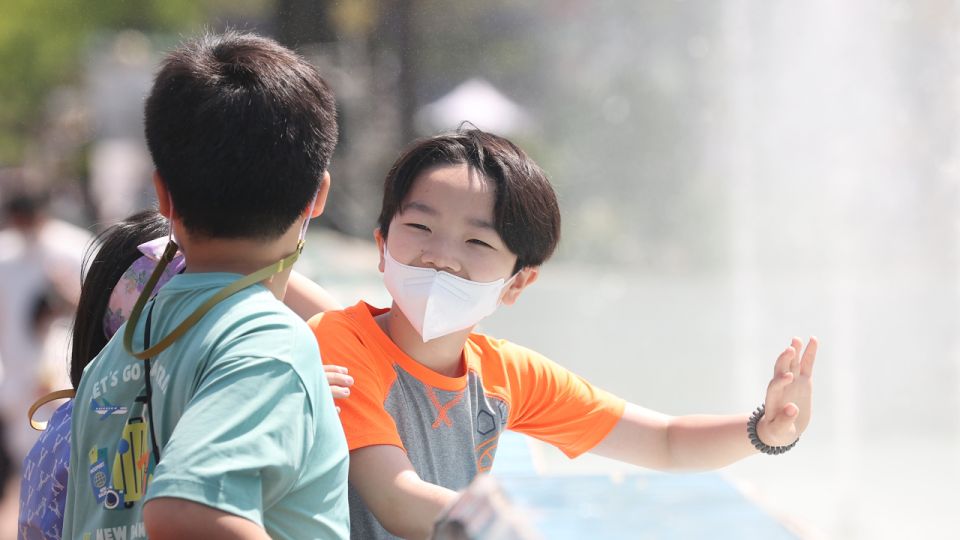May 6, 2022
SEOUL – South Korea will prepare a new bill to protect the basic rights of children by recognizing them as individuals who exercise their rights, not just subjects of protection or education, officials said on Children’s Day, Thursday.
To protect the basic rights of children, the Ministry of Health and Welfare will start drafting a new bill this year, with an aim of passing it within the next year.
“The new law will recognize children as individuals in their own right,” an official from the ministry said. It will do so by specifying a wide range of their rights, including those to health care, education, development and survival, the ministry said. The law will also guarantee children’s rights to rest and leisure, while ensuring society provides child-friendly play environments.
The new bill aims to make up for the shortcomings in the current education-related laws that protect the rights of children, but tend to define children as subjects for education, according to the ministry.
The ministry’s proposal came amid rising awareness on the importance of children’s mental health, which has been pointed to as one of the issues to be addressed in a country known for its pressure-cooker exam culture.
A government survey released in March showed that 1 out of 5 children in South Korea felt unhappy.
The survey, which was conducted by the Ministry of Health and Welfare and the National Center for the Rights of the Child among at least 1,270 children aged between 11 and 17 from July and October last year, showed that 18.6 percent of the children polled said they were not happy.
The pressure to achieve high academic results was the No. 1 reason why the children felt unhappy, survey results showed, accounting for some 34 percent.
Another 28 percent of them said their unhappiness was due to fear over uncertain futures.
Others picked financial difficulties, family troubles, relationships with friends and physical appearance as reasons.
The survey also showed that children felt they were deprived of the right to playtime. Adult involvement was the most common reason that restricted children’s right to engage in play and recreational activities, accounting for 47 percent. A lack of free time was the second most popular reason.
At least 65 percent of children said their opinions were respected, but the remaining 34.5 percent said theirs were not.
Meanwhile, the findings showed that 35.3 percent of those polled had experienced discrimination in the past year.
Among them, 21.4 percent said they experienced age discrimination. Some 16 percent of the group said they felt they were treated differently because of their sex, while 10.8 percent said they were discriminated against based on how they looked. Discrimination because of academic achievement accounted for 9.9 percent.


